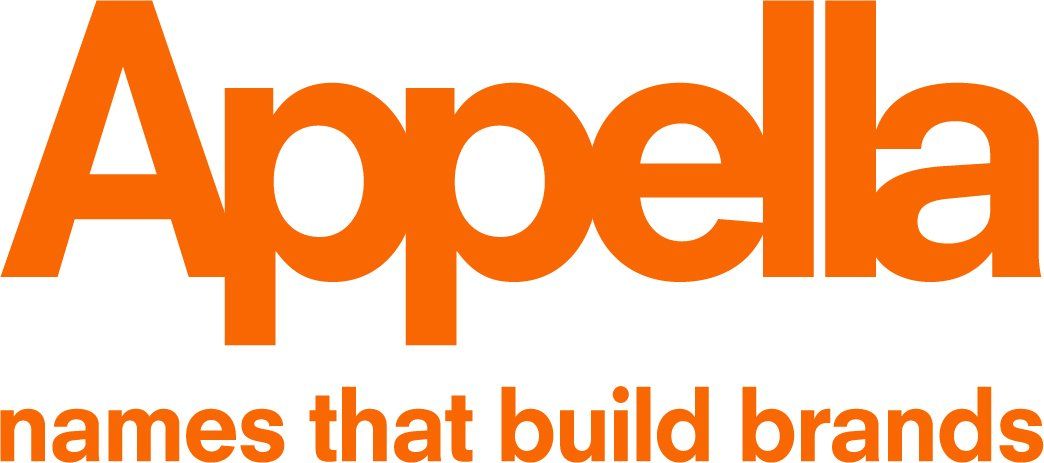The Use of Numb3rs in Br4nd Name5
The use of numbers in brand naming is seen all over the world and throughout industries from automotive to food to technology. The use of numbers can have a variety of purposes such as details about a product or service, an association with the brand’s history, or simply to stand out.
Beyond the previously sought-after Yellow Pages ranking, numbers in brands and products today often share useful information with the consumer. In the automotive industry, some business naming tactics include the use of alphanumeric names to denote when in a series a certain vehicle has been released or even vehicle size. For example, BMW use the term 7 Series for their luxury saloons which are larger than the 5 Series midsize luxury cars and the 3 Series compact premium car.
Information sharing, the does-what-it-says kind, is an important brand name style. Coke Zero was named because it contains zero grams of sugar. Similarly, 7-11, the popular convenience stores in the USA, used to be open from 7 o’clock in the morning until 11 o’clock at night. Kronenberg 1664, the delicious pale lager, was named for the original Kronenberg Brewery which was built in 1664. These kinds of identity brand names refer to the brand’s history and can make iconic names.
Another great example of the use of numbers in a range of brand name styles is the idiomatic name 123 Reg, a domain name registration company whose service is as easy as 1, 2, 3. In some cases, the use of numbers is a bit of a riddle. Bidvest Foodservice, formerly known as 3663 Catering Equipment, cleverly chose their numbers because they spell “food” on a telephone keypad.

Before you start thinking of your brand’s next numerical product name, some number are off limits. The number 666 is famously associated with the devil in many cultures as it is named the “number of the Beast” in the Book of Revelation. While the number 13 is considered good luck in India, many cultures avoid it at all costs. Some buildings even skip labelling the 13th floor and the lift moves from floor 12 to floor 14 sequentially. In Japan, the number 9 is phonetically similar to a word meaning “torture” and is therefore seldom used. In China, the number 4 (四, pinyin sì) is considered unlucky due to its phonetic similarities to the word “death” (死, pinyin sǐ). The Chinese often omit the 4th floor as well as the 14th floor in their buildings.
When Apple unveiled the all-new iPhone 7, their marketing got a few laughs among Cantonese speakers. Opting for “This is iPhone 7” as their long-used tagline, Cantonese speakers explained that “7” is the equivalent to an English slang term for the male appendage.
The number 7 also appears in the phrase “7th heaven” which originates from ancient Mesopotamia. Without a clear etymology, the phrase is thought to be a symbolic concept. Sumerian hymns and incantations of the 2nd millennium BCE use the phrases “the heavens are seven, the earths are seven.” This influence of the number suggests that it has magical properties; it also appears in Babylonian magical rituals while both Jewish and Islamic cultures feature seven heavens.
The use of numbers in brand names can have an array of meanings, some of which could be detrimental. To ensure your brand or product name hits the correct mark, get in touch with the experts at Appella.

